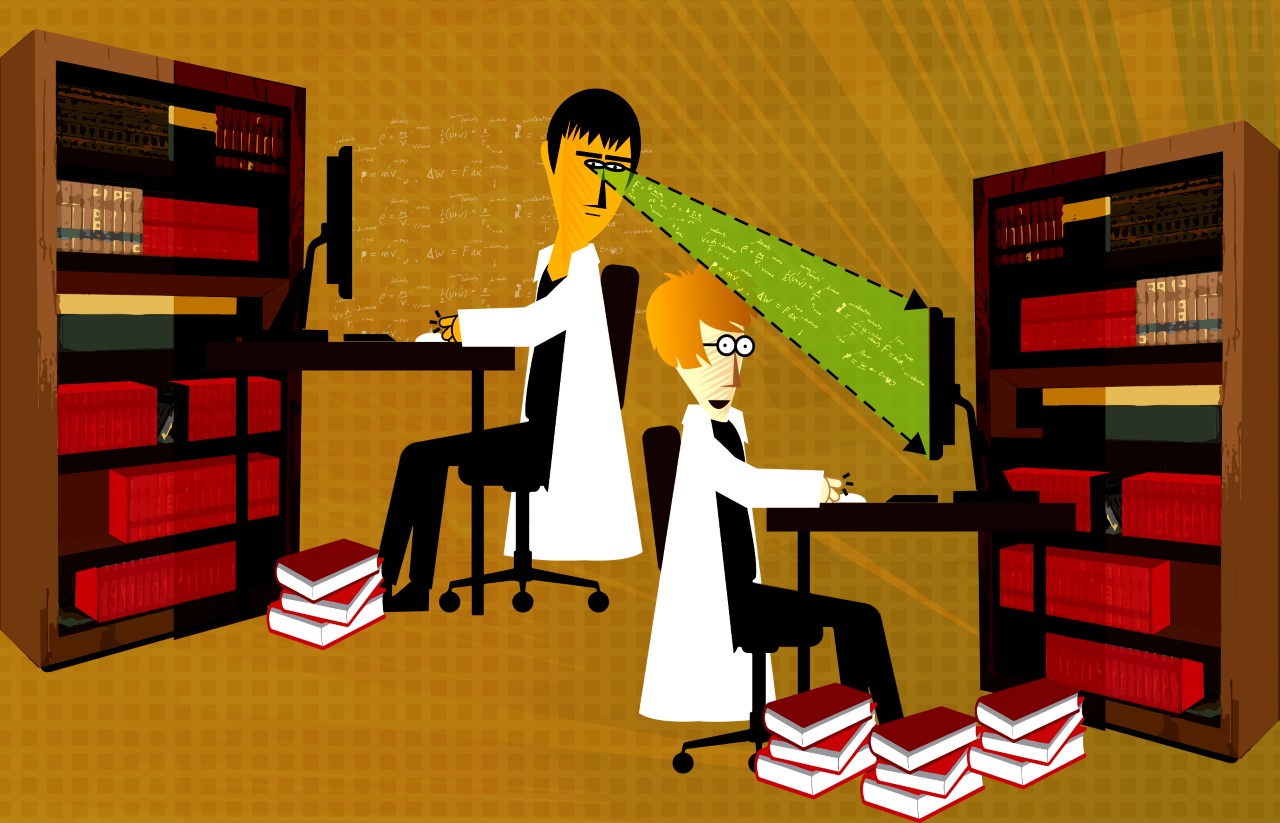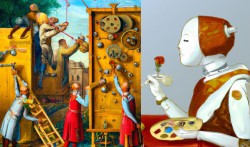Science & Technology

As ChatGPT – a strong artificial intelligence (AI) application – floods the internet, educationists fear AI-driven cheating will make their teaching techniques obsolete.
ChatGPT, the latest OpenAI chatbot, can create extensive articles, screenplays, source code, and scripts for movies and answer difficult math questions.
Institutions of higher education are primarily concerned with preventing AI plagiarism and cheating on exams and assignments, hindering their growth and critical thinking.
Public schools in New York banned the use of ChatGPT across all devices and networks, news reports say.
In France, the prestigious Sciences Po university in Paris has recently announced a strict ban on its use.
Closer home, RV University in India has likewise prohibited the usage of AI tools on campus, which includes coding tools such as GitHub Co-pilot.
Amid this global outcry, what is the status of ChatGPT usage in Nepali universities? Google trends indicate that ChatGPT and AI are among Nepal’s most popular search terms.
Alarmed?

The dean of Kathmandu University’s School of Engineering, Professor Dr Manish Pokharel, told NepalMinute that despite concerns about the exploitation of AI tools, “the world needs AI, ChatGPT is the product of the necessity, thus banning is not an option.”
“It can be utilised favourably, which can exceed its negative effects. Even if we ban it, it will be used in some form,” he said.
Prof Dr Subarna Shakya, director of the Information Technology Innovation Center at Tribhuvan University, echoes that sentiment. “It is a trait that should be utilised in teaching and learning activities.”
People in Nepal feared losing their jobs when offices and companies installed computers, he explained. “But, on the contrary, they added more jobs.”
He continued: “Students will ask a teacher for help if they don’t know the answer to a question. However, with ChatGPT, the answer is only a few clicks away. What’s wrong with that?
“Students will be more productive in their learning.”
Sam Altman, CEO of OpenAI, made a similar comparison in a recent interview with StrictlyVC. “We adapted to calculators and changed what we tested in maths class,” he argued. “I imagine this is a more extreme version of that, no doubt, but also, the benefits of it are more extreme.”
Dismissal or adaptation?

The Nepali education system has always been criticised for emphasising rote learning more than students’ ability to understand and think critically.
“We need to focus on revamping the education system rather than banning AI tools,” added Shakya.
According to Pokharel, people, even academics, seem to have a huge trust in the internet, no matter if it is Google or ChatGPT.
When AI tools, like ChatGPT, spell erroneous information followed by a plausible context, the line between truth, trustworthy information, and outright false becomes blurred.
Experts warn that such incorrect information in academic research publications may be detrimental.
“AIgiarism” – or AI-assisted plagiarism is a totally different thing.
Consequently, it presents a challenge to detect plagiarism when using AI technologies to paraphrase the content found in academic publications.
Both schools have purchased licences to utilise plagiarism detection software to evaluate the originality of submitted papers.
While these programmes go through the text that has previously been submitted to their databases, they often miss ChatGPT’s nuanced and well-phrased words, which make them difficult to find.
Professors at both varsities stress the need to update the programmes as soon as possible.
ChatGPT’s parent firm, OpenAI, launched a classifier tool on January 30 to “identify between AI-written and human-written content.”

However, OpenAI claims the tool is “not totally dependable” and can only recognise 26 per cent of AI-generated words.
“I suppose we can also make use of the detection tool from the OpenAI, when it is available,” Pokharel said.
But then it raises the concerns of adoption and adaptation. And academics invariably say adaptation is the only viable option.
Shakya said, “It might be time to rethink how we teach. We shouldn’t praise students for their ability to remember but test their ability to analyse.”
People like Elon Musk, who like the idea of Artificial General Intelligence (AGI), want to change how the education system works.
“Memorising formulae will get us nowhere. We need to teach them a core understanding of the topic and possibly conduct open-book exams,” Pokharel responded. “There should be a public discussion on this in Nepal.”
Also read: Nepal Police calms fears over escalating AI-based cybercrimes
Also read: AI and the future of work






